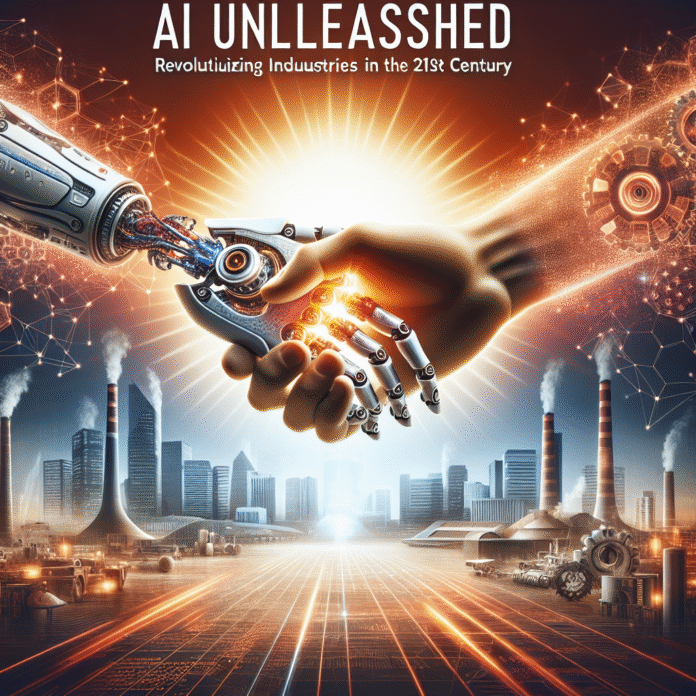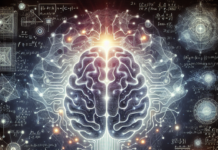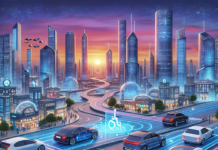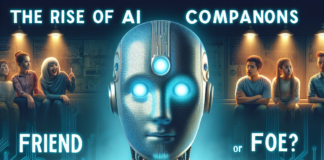AI Unleashed: Revolutionizing Industries in the 21st Century
As we progress further into the 21st century, one of the most transformative forces reshaping our world is artificial intelligence (AI). From healthcare to finance and agriculture to entertainment, AI is unleashing a wave of innovation and efficiency that is revolutionizing industries across the globe. This article delves into how AI is making indelible marks on various sectors, the challenges it poses, and what the future may hold.
The Healthcare Revolution
AI is significantly improving healthcare outcomes and operational efficiencies. Machine learning algorithms are now capable of analyzing vast amounts of medical data, from patient records to imaging scans, with astounding speed and accuracy. For instance, AI-powered diagnostic tools can identify diseases like cancer at stages earlier than traditional methods, allowing for timely interventions and potentially saving lives.
Additionally, AI-enabled chatbots and virtual health assistants are helping healthcare providers manage patient inquiries, streamline administrative tasks, and follow up on treatment regimens, freeing up medical professionals to focus more on patient care. Telemedicine, boosted by AI technologies, has also become more accessible, significantly increasing the reach and efficacy of healthcare services.
Transforming Financial Services
The financial industry has been at the forefront of adopting AI, utilizing it for various applications including fraud detection, risk assessment, and algorithmic trading. AI algorithms can process and analyze large datasets to identify unusual patterns indicative of fraud, enabling financial institutions to mitigate risks in real time. This not only enhances security but also builds trust with clients.
In the realm of personal finance, AI-driven robo-advisors provide individuals with automated, algorithm-based financial planning services, democratizing access to financial advice. Predictive analytics helps banks and investment firms gauge market trends, enabling smarter, data-driven decision-making.
Reimagining Agriculture
The agricultural sector, often resistant to technological change, is undergoing a quiet revolution thanks to AI. Precision farming, which leverages AI for data analysis, allows farmers to optimize their yield by predicting weather patterns, monitoring soil conditions, and managing crop health. Drones equipped with AI technology are being used to survey fields, identify pest infestations, and improve irrigation systems, leading to more sustainable farming practices.
Moreover, AI is facilitating supply chain optimizations, ensuring that food is efficiently transported from farm to table, reducing waste and lowering costs. This newfound efficiency not only increases food security but also helps mitigate the environmental impact of farming.
Enhancing Customer Experience in Retail
In the retail sector, AI is changing how businesses interact with consumers. Personalized recommendations powered by machine learning algorithms are creating tailored shopping experiences, enhancing customer satisfaction and engagement. Retail giants like Amazon and Walmart utilize AI to manage inventory effectively, predict consumer demand, and streamline logistics.
Chatbots and virtual assistants are redefining customer service, providing 24/7 support and resolving issues in real time. AI analytics tools also allow retailers to glean insights from consumer behavior, enabling them to make informed marketing and product placement decisions.
The Entertainment Landscape
AI’s impact on the entertainment industry is equally profound. Streaming services like Netflix employ AI algorithms to analyze viewing habits, helping them recommend content that keeps subscribers engaged. AI-generated content, ranging from music to scripts, is also emerging, sparking discussions about creativity and originality in the digital age.
Moreover, AI is enhancing the gaming experience. AI-driven non-player characters (NPCs) can adapt to player behavior, creating more immersive environments and personalized gameplay. As technology advances, the line between human-generated and AI-generated content may blur further, challenging traditional notions of creativity.
Challenges and Ethical Considerations
Despite its myriad benefits, the rapid advancement of AI raises important challenges and concerns. Issues such as data privacy, algorithmic bias, and job displacement require careful consideration. As AI systems increasingly make decisions that affect people’s lives, ensuring transparency and accountability becomes paramount.
Additionally, the potential for AI to exacerbate inequalities cannot be overlooked. As businesses invest heavily in AI, those lacking the resources to adopt such technology may find themselves at a competitive disadvantage, leading to wider social and economic divides.
Looking Ahead: The Future of AI
The future of AI is both exciting and uncertain. Continued innovations in AI will likely spur further advancements in automation, machine learning, and data analysis. As industries adapt to these changes, the workforce will need to evolve, with an emphasis on re-skilling and up-skilling to meet the demands of a technologically advanced landscape.
Collaboration between governments, private sectors, and academic institutions will be crucial in establishing frameworks to regulate AI technologies responsibly, ensuring they benefit society as a whole.
Conclusion
AI is not merely a technological advancement; it is a paradigm shift that is reshaping industries and the way we live and work. While the potential for innovation and efficiency is immense, addressing the ethical and societal implications of these technologies is equally vital. As we stand on the brink of an AI-powered future, the journey ahead will require careful navigation—but the possibilities are boundless.







